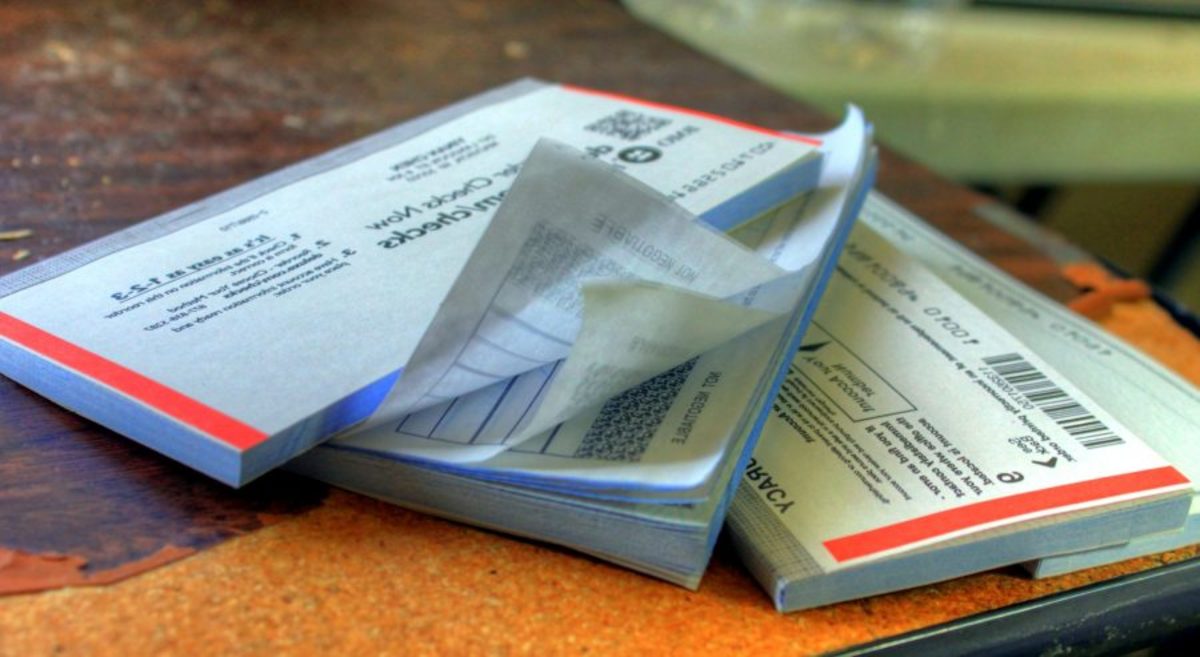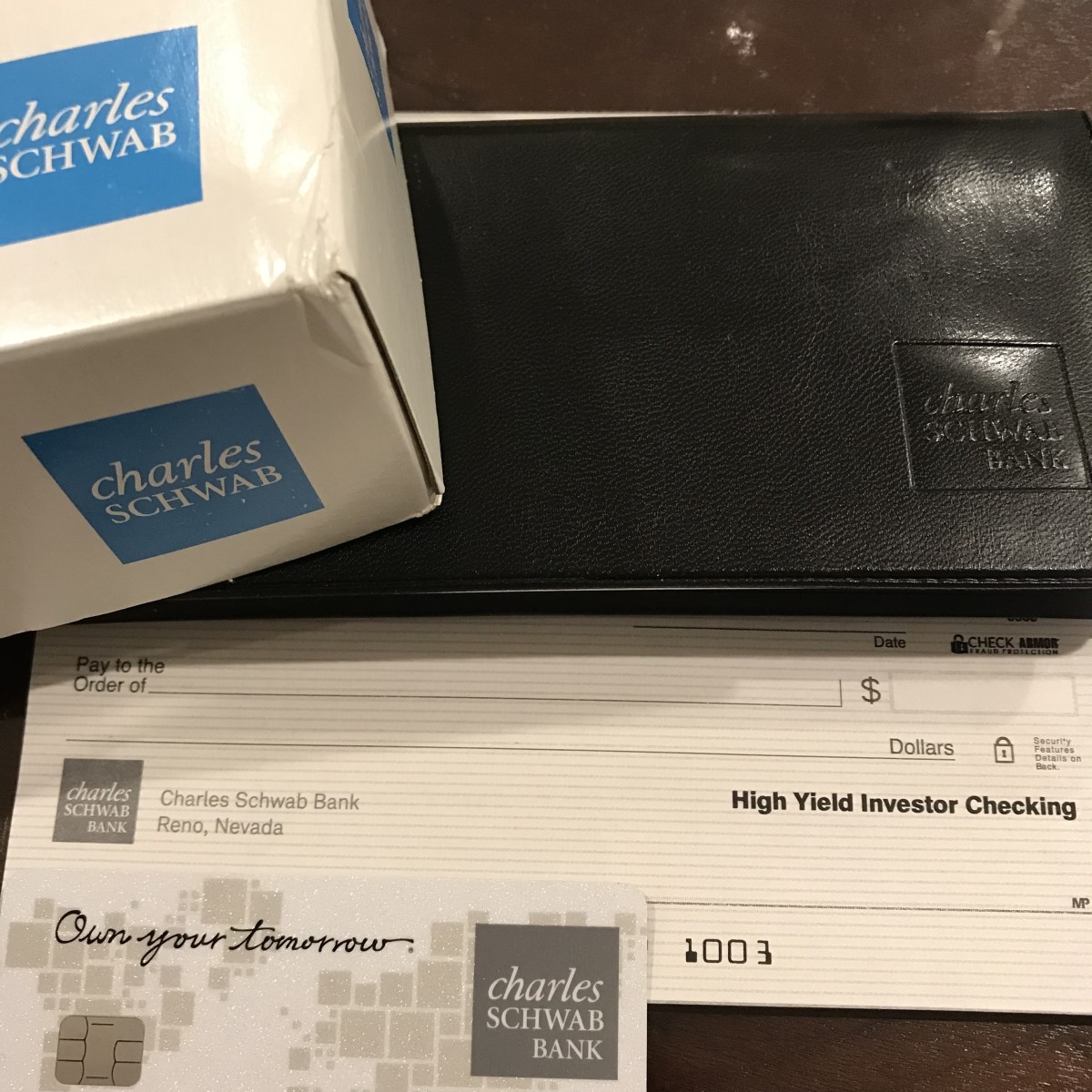Painless Saving
Now you see it....Now it's more!
~ ~ ~ ~ ~~ ~ ~ ~ ~
[No one savings plan is going to work for every saver, and savers themselves invest savings in a wide variety of savings accounts, stocks, bonds, mutual funds, IRAs, land and other real estate, etc. This article suggests one way that can be used to plan for and apply the "miracle of interest" in a simple way to create your own "savings" plan.]
~ ~ ~ ~ ~~ ~ ~ ~ ~
How would you like to save 7.69% (and ultimately much more) of your take-home pay this next 12 months?
"Fine! But, impossible" you say?
Here's not only how to save it, but how to save it without hardly missing it from your normal buget (presuming for now that you have a budget.)
The best part is: with no change at all in the percentage of take-home annual pay set aside, your percentage of take-home pay saved will actually grow each year!
It must be a miracle? - - - Oh, no! It isn't!
Two steps on your part will do it:
[1] look over your last month's checks or receipts and get a good estimate of a reasonable monthly budget for the year;
[2] promise yourself to do your best to stick to it.
That may mean following Benjamin Franklin's sage advice: reduce your wants, or increase your income; or, preferably: do both!
If you receive a biweekly paycheck for your work (as approximately 25% of American worker's households do) and, if you are a typical saver saving 4.3% of your income, then saving 7.69% of your take-home pay will be easier than you think, and put you in the top-level of American savers!I
If you are one of those Americans who receive 24, or fewer paychecks per year, or are already in that seemingly rare stratosphere of America's most conscientious savers, then you may still be interested in this approach.
Biweekly pay means there are two months each year in which you receive three paychecks. Saving those two "extra" paychecks means that you can automatically save 7.69% of your take-home pay.
Working from a monthly budget (based on the normal two paychecks per month that you work with 83% of the year) means that for many people those two "extra" paychecks seem like bonuses...and too often get spent like bonuses, which they are not!
On the other hand, if you've been treating them like bonuses, then why not save them like bonuses?
Why?
Depending on your age, and the years you expect to continue working, there may be several hundred thousand good reasons for saving those two "bonus" checks each year! You can surely add more reasons of your own.
"Savings earn interest!" This is normally the main reason.
For every $13,000 of take-home pay amounts per year, those two "bonus" checks are going to total $1,000!
If during the last 12 months you saved less than $1,000 per $13,000 of take-home pay, it should be worth adjusting your present "savings plan" to adopt this clear cut method for saving at this higher percentage.
Savings versus Investment has the same roots. To make an investment, funds have to be saved from income and directed to any chosen investment.
In the present "savings climate" interest rates are exceptionally low for a variety of reasons. There are good, even "sound," investments possible. While it is unlikely that in the near term savings will grow to what had been "a normal rate of growth," and while most financial advisers are recommending "diversification" to avoid the ups and downs of any one area of investment, there are other steps which look a lot like "investments" which can give a high rate of savings for those "saved" paychecks.
The best of these is quite simple: if you have any credit card debt, "save" by paying down that debt; the interest you are likely paying on the average household's credit card debts is even higher than what had been "a normal rate of growth" for savings in the past. Frankly, it makes little sense to set your savings aside in a bank or a credit union at rates as low as one quarter of one percent, while paying as much as 27.99% interest on a credit card balance provided by the same bank or credit union.
"But what if I have an emergency and need immediate cash?"
That is when the bank, the credit union, and even those credit cards, if not other family, group, and private resources, need to be tapped. Yes, having a basic amount of "ready cash" before the next paycheck is wise, if not essential, in order to take advantage of unusual sales of essentials, and to meet those "miscellaneous" minor family emergencies (an unexpected school fee, a sudden car repair, a leaking pipe, etc.)
During "normal" times, however, paying down your debt's, concentrating at first on those which are running the highest interest rates, is your wisest course of "savings."
More and more Americans have been making such decisions these days. It is a wise decision, and "getting the house in order" is the real "saving grace."
~ ~ ~ ~ ~~ ~ ~ ~ ~
REALITY CHECK:
As of November 15, 2011, doing anything with savings, besides "judiciously spending" them was out of the question for many of America's 154,198,000 potential workers, of whom 9% were unemployed in October 2011, while another 967,000 were not even, or no longer, searching for jobs in that most recent four week period. And, except for a possible house, and a collection of "things" (some of which were still being paid for monthly) most Americans could "boast" of no real savings plan. As a result, most hadn't any savings to "boast" of either! Many Americans would admit that the "bonus" paychecks this article describes were most often used largely just to "catch up." Directing those funds to where they are most needed is an individual and family decision, but in such an economy "the party atmosphere was over." It must have been over for the majority of Americans, certainly for the unemployed, and increasingly so in the preceding years even for those who still held full-time jobs. Even for those full-time, employed Americans, the plight of so many of their neighbors had become a cautionary tale. The cycle of being more cautious with any discretionary spending, resulting in reduced consumer spending, resulted in a lowering of business inventories, and reduced hiring (even more layoffs.) That Americans, employed and unemployed, could be "hunkered down" was to be the biggest factor holding back any prompt financial recovery; and the $15-trillion National Debt and how to pay it down was clearly the second biggest factor and looming larger every day. At a time when their governmental leaders were wishing Americans would shop more and invest more, those voters were wanting to see some positive changes and leadership first. When that current "economic tornado" could be hitting their house next, it didn't appear to be a time to go out shopping. The 2011 Christmas shopping results could be taken as a good forecaster of what could follow on into the 2012 elections. In November 2011 it might have been too hard to predict. Even with all that uncertainty, Americans who could had already started saving more of their incomes, had reduced their credit card debt (still at $788 Billion!), and were better at budgeting their available household incomes.





